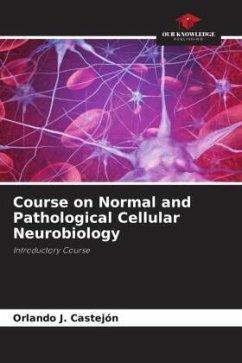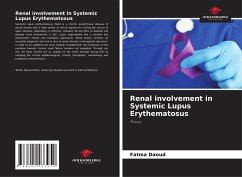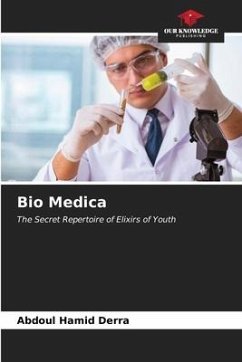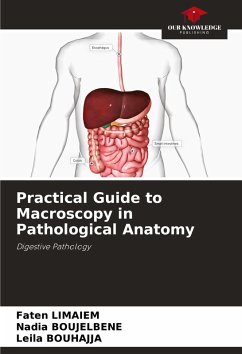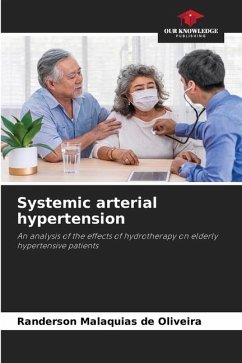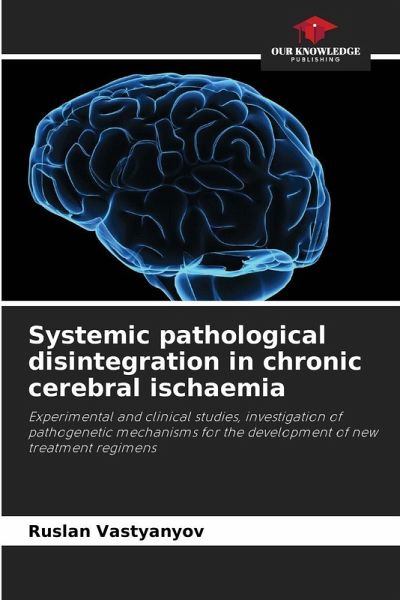
Systemic pathological disintegration in chronic cerebral ischaemia
Experimental and clinical studies, investigation of pathogenetic mechanisms for the development of new treatment regimens
Versandkostenfrei!
Versandfertig in 6-10 Tagen
28,99 €
inkl. MwSt.

PAYBACK Punkte
14 °P sammeln!
It is important to study the pathogenesis of ischemic and traumatic brain injury, the specific features of systemic aspects of brain and body functioning under these conditions, the formation of compensatory and adaptive reactions of the brain, the pathogenetic role of the vegetative system in these processes, as well as the main approaches to the development of pathogenetically justified pharmacological correction of these pathological conditions. The development of motor and vegetative disorders, vestibular dysfunction, tremor, convulsive syndrome, etc., which indicates the commonality of th...
It is important to study the pathogenesis of ischemic and traumatic brain injury, the specific features of systemic aspects of brain and body functioning under these conditions, the formation of compensatory and adaptive reactions of the brain, the pathogenetic role of the vegetative system in these processes, as well as the main approaches to the development of pathogenetically justified pharmacological correction of these pathological conditions. The development of motor and vegetative disorders, vestibular dysfunction, tremor, convulsive syndrome, etc., which indicates the commonality of the pathogenetic mechanisms of the studied pathological condition, the inevitable consequence of which is chronic cerebral ischemia. The dysfunction of the nervous and immune systems identified in this study is initiated by the activation of the pro-inflammatory cytokine and growth factor systems. We sought to elucidate the pathogenetic role of the autonomic nervous system and to demonstrate the prerequisites for testing a pathogenetic correction scheme for behavioural, autonomic, and vestibular disorders that develop in chronic cerebral ischaemia.



